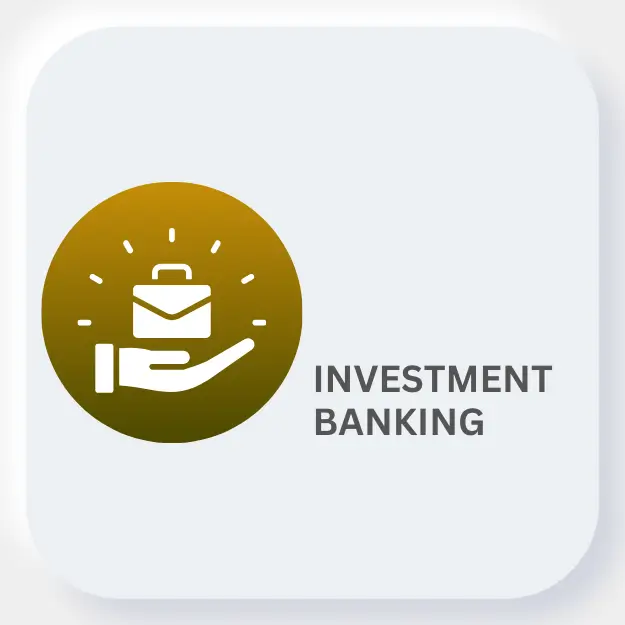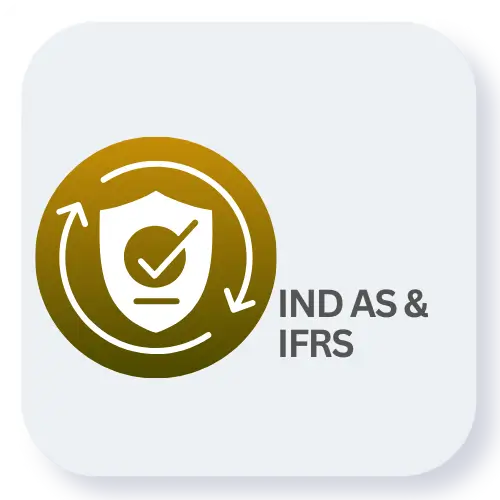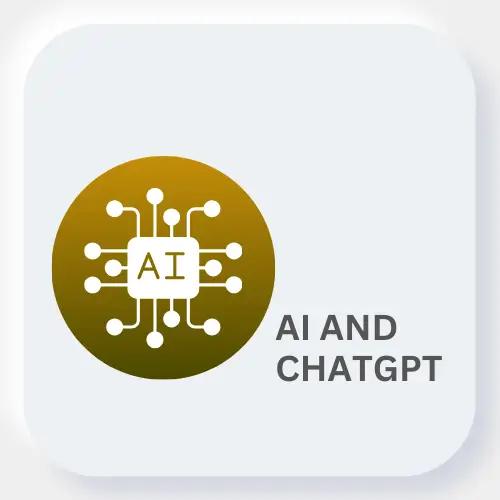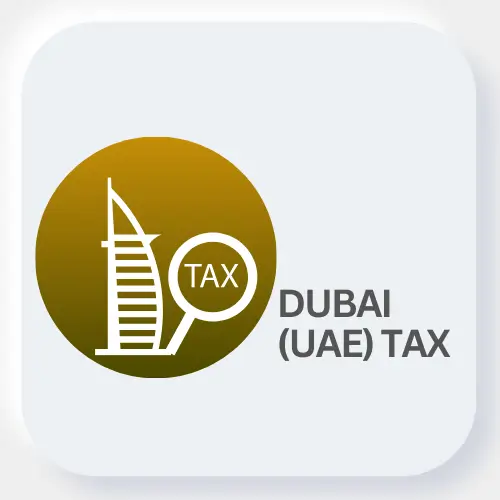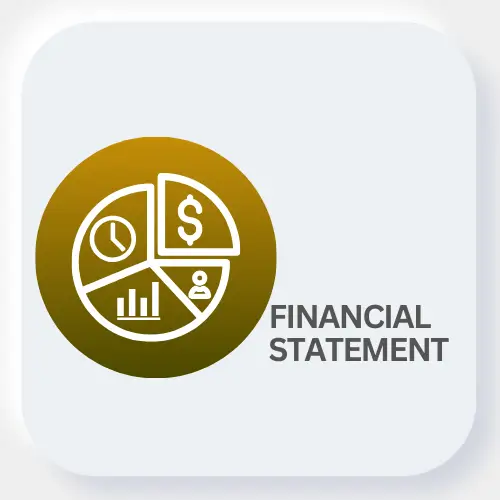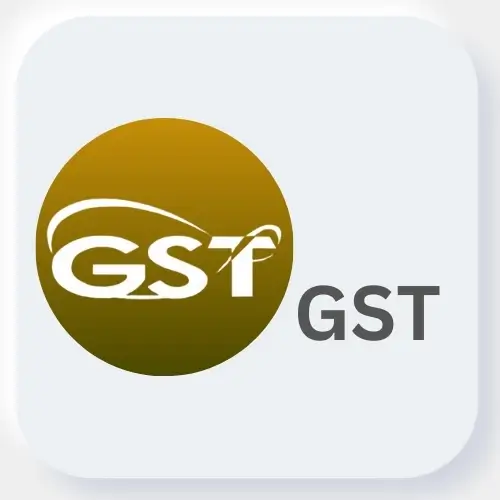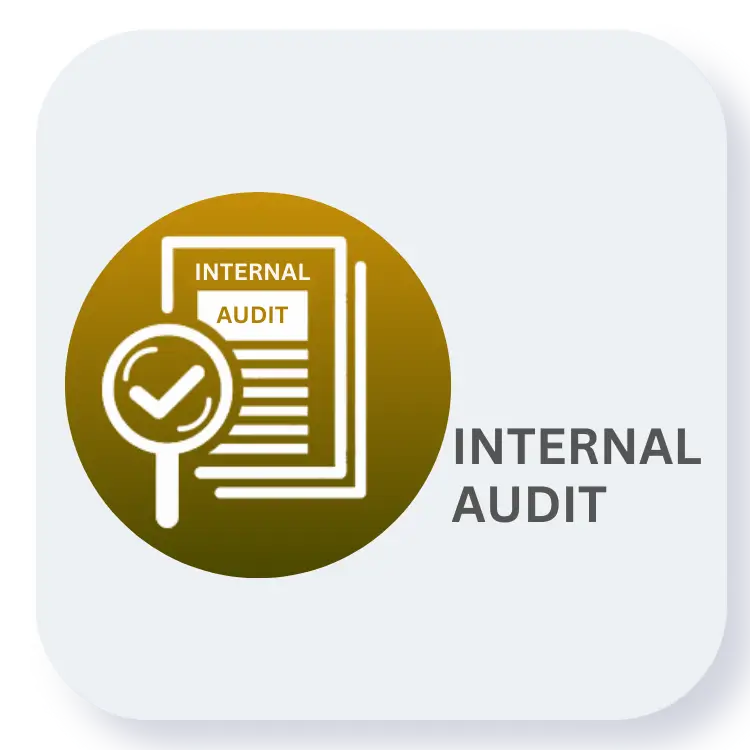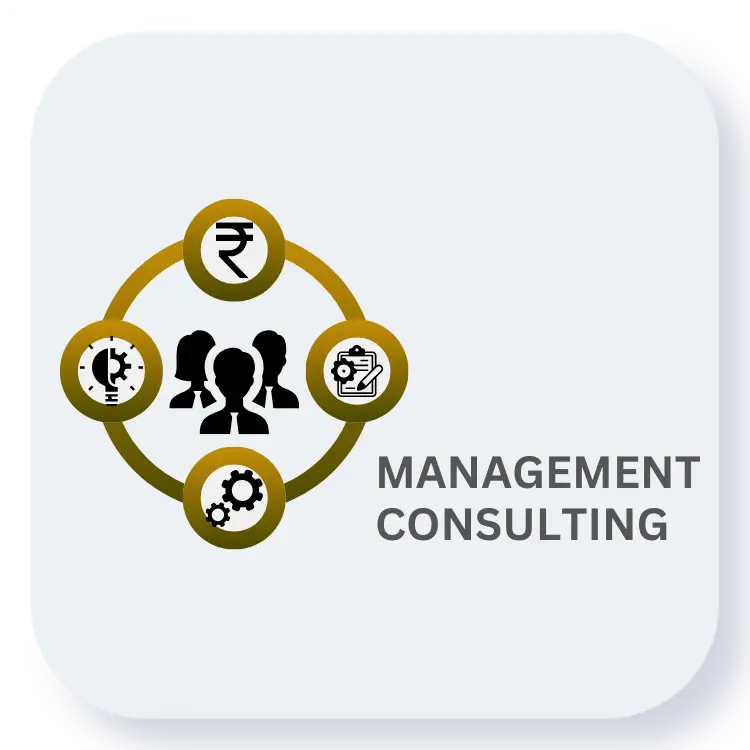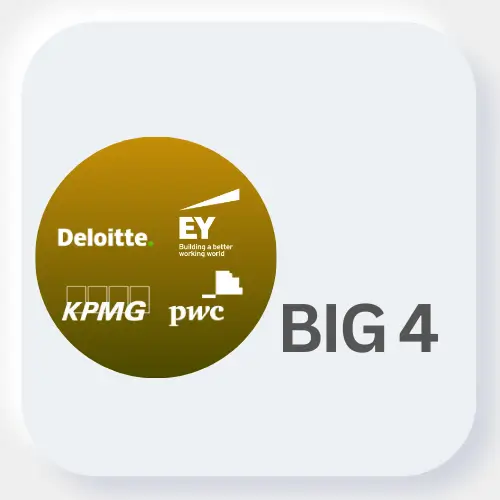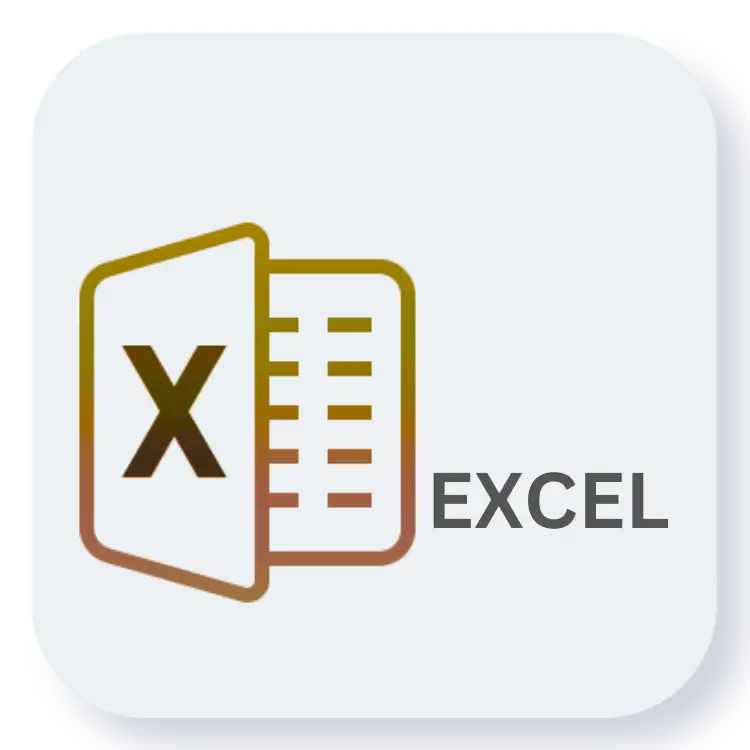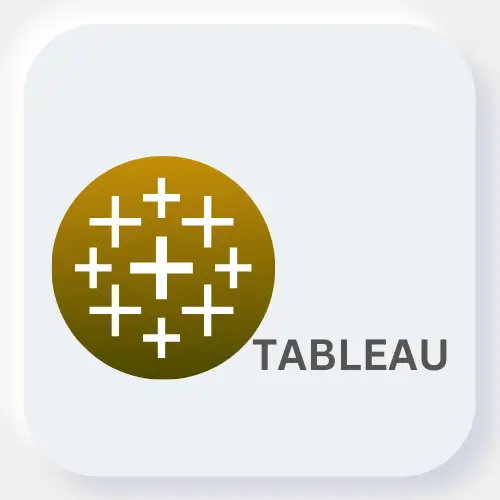Introduction
When you're a Chartered Accountant navigating the fiercely competitive world of banking, ICICI Bank
interview questions can make or break your shot at landing a prestigious CA jobs in India.
Whether you're a fresher with stars in your eyes or a semi-qualified CA juggling expectations, the right
interview preparation strategy can completely change your game.
Meet Arjun - a freshly qualified Chartered Accountant, hungry for a Big 4-like challenge, but eager for
the dynamic, high-growth learning curve ICICI Bank promised.
He scrolled endlessly for genuine ICICI Bank interview questions but all he found were shallow summaries
or recycled HR lines. If you’ve ever felt the same - this blog is your savior.
This is not your average checklist. It’s the ultimate interview preparation guide for Chartered
Accountants aiming for a solid CA jobs in India, especially within ICICI Bank’s credit, reporting, or
investment teams.
Why ICICI Bank Is a Dream CA Jobs in India
ICICI Bank is known for absorbing young financial minds into credit analysis, project finance,
compliance, and treasury functions.
As a Chartered Accountant, getting into ICICI Bank means dealing with real-world numbers, internal
audits, and decision-level reports. But before that, comes a marathon of ICICI Bank interview questions
you must nail.
Your interview preparation should be based on actual CA-level concepts & not general MBA stuff. And
that's exactly what we cover.
ICICI Bank Interview Questions - Accounting Focus (with Sample Answers)
If you’re applying as a Chartered Accountant, expect in-depth ICICI Bank interview questions related to
accounting standards, journal entries, and interpretation of financial data. Here's how you handle them:
Q1: What’s the difference between Indian GAAP and Ind AS?
Suggested Answer:
As a Chartered Accountant, understanding both GAAP and Ind AS is important, especially for CA jobs
in India with banks like ICICI. Indian GAAP focuses on historical cost, whereas Ind AS is aligned
with IFRS and focuses on fair value. For eg, in Ind AS 109, financial instruments are measured at
fair value, which impacts financial reporting.
Why This Works:
Shows your awareness of real-world financial reporting practices-something that will definitely be
tested in ICICI Bank interview questions.
Q2: Walk me through a typical bank reconciliation statement
Suggested Answer:
In my experience as a Chartered Accountant, I’ve prepared BRS monthly. It starts with comparing bank
ledger balances with actual bank statements. Add: unpresented cheques, uncredited deposits.
Subtract: bank charges, direct debits. This statement ensures internal controls and audit readiness
- necessary for any CA jobs in India, especially at ICICI.
Financial Reporting Interview Questions at ICICI Bank
At ICICI Bank, financial reporting isn’t just about preparing reports - it’s about analyzing them,
decoding what the numbers say, and ensuring they align with RBI norms. Most ICICI Bank interview
questions in this section test your analytical depth as a Chartered Accountant.
Q3: How do you interpret a financial statement for
creditworthiness?
Suggested Answer:
For a Chartered Accountant, financial analysis goes beyond ratios. In ICICI Bank, you're expected to
identify liquidity issues, unsustainable gearing, and aggressive revenue recognition. Interviewers
might give you a real balance sheet and ask how you'd justify a ₹50 crore loan. Your answer should
involve DSCR, current ratio, and cash flow position.
This is a make-or-break moment in your interview preparation, and it's one of the most repeated
ICICI Bank interview questions in the financial reporting round.
Q4: How do you handle deferred tax in financial reporting?
Suggested Answer:
A Chartered Accountant must align deferred tax treatment with Ind AS 12. Temporary differences
between accounting and taxable income are adjusted using DTA or DTL. In the context of a CA jobs in
India at ICICI Bank, proper reporting affects profitability projections, which can influence credit
decisions.
ICICI Bank Interview Questions for Chartered Accountants - Credit, Risk, Markets, and HR
As Arjun sat outside the ICICI Bank interview room, he recalled every YouTube video, every article, and
every last-minute pep talk. But the only thing that made him feel prepared was this-real, role-based
ICICI Bank interview questions tailored for a Chartered Accountant who actually wants to crack a CA jobs
in India.
Let’s continue your interview preparation with deep-dive questions from ICICI Bank’s most important
verticals.
ICICI Bank Interview Questions - Credit & Risk Management
ICICI Bank hires Chartered Accountants to work in credit appraisal, loan monitoring, and risk evaluation.
Your technical knowledge, especially about financial health and projections, is tested through detailed
ICICI Bank interview questions.
Q1: How do you assess the creditworthiness of a borrower?
Suggested Answer:
As a Chartered Accountant applying for a CA jobs in India at ICICI Bank, creditworthiness starts
with thorough financial analysis-looking at DSCR, interest coverage ratio, and EBITDA. I also
consider business model risks, promoter track record, industry conditions, and repayment history.
Risk assessment isn’t just numbers-it’s patterns, trends, and judgment.
This is one of the most frequently asked ICICI Bank interview questions in the credit domain and
reflects your decision-making maturity.
Q2: How do you evaluate a project finance proposal?
Suggested Answer:
For any CA jobs in India, especially at ICICI Bank, project finance evaluation involves breaking
down capital outlay, promoter equity, debt-equity ratio, and future cash flows. As a Chartered
Accountant, I analyze projected IRR, DSCR, and regulatory risks. I also verify whether the project
meets sector-specific exposure norms per RBI guidelines.
Such technical ICICI Bank interview questions test your grasp on banking analytics and risk
frameworks-key areas in your interview preparation.
ICICI Bank Interview Questions - Banking Regulations
Expect sharp questions on RBI circulars, Basel norms, and compliance. If you want to crack your CA jobs
in India dream role at ICICI Bank, your interview preparation must include the regulatory backbone of
Indian banking.
Q3: Explain Basel III norms in simple terms.
Suggested Answer:
Basel III norms are global regulatory frameworks that set capital and liquidity standards. ICICI
Bank uses them to maintain strong buffers. They mandate 8% minimum capital adequacy, with components
like CET1, Tier 1 and Tier 2 capital. As a Chartered Accountant, I’ve studied these norms under
financial reporting and banking law subjects, and I understand how these affect ICICI Bank’s credit
exposure.
Basel-based ICICI Bank interview questions appear often—don’t skip this in your interview
preparation.
Q4: How does RBI’s monetary policy impact ICICI Bank?
Suggested Answer:
RBI’s policy affects lending rates, CRR, SLR, and liquidity. If the repo rate rises, ICICI Bank's
cost of funds increases, shrinking NIM. As a Chartered Accountant, I understand how to adjust credit
pricing models and assess asset-liability mismatches. For any CA jobs in India, especially in a top
bank, this macro knowledge is vital.
This is where many candidates stumble-real interview preparation means linking policy with balance
sheet realities.
ICICI Bank Interview Questions - Capital Adequacy & Investment
Strategy
Capital adequacy isn’t just about ratios. In ICICI Bank, your role as a Chartered Accountant might
involve portfolio reviews or internal stress tests.
Q5: How is Capital Adequacy Ratio (CAR) calculated?
Suggested Answer:
CAR = (Tier 1 + Tier 2 Capital) / Risk-Weighted Assets. ICICI Bank, as per Basel III, must maintain
this ratio to ensure solvency. In my CA jobs in India, I’d use CAR to assess whether the bank is
capable of absorbing losses while expanding credit safely. Understanding capital buffers is a must
for any Chartered Accountant.
Q6: Suggest an investment strategy for surplus funds.
Suggested Answer:
A conservative bank like ICICI would invest in low-risk government securities or liquid mutual
funds. As a Chartered Accountant, I’d also consider T-Bills, commercial papers, and call money
market options. ROI and liquidity must align with ALM policies. Questions like these are common in
ICICI Bank interview questions, especially if you're being assessed for treasury roles.
Checkout Our Course:
Personal Interview MasterClass
ICICI Bank Interview Questions - Stock Market Awareness
Q7: What’s your view on the current market condition?
Suggested Answer:
Being a Chartered Accountant, I track key indices like Nifty Bank, interest rate movements, and
credit growth trends. Right now, investor sentiment is linked to Fed policy and domestic inflation.
A CA jobs in India, especially in banks like ICICI, demands market awareness as decisions are tied
to external factors.
Market-sensitivity based ICICI Bank interview questions assess your real-time finance IQ.
ICICI Bank Interview Questions - HR & Behavioral Round
Even as a Chartered Accountant, don’t underestimate soft skill-based questions. In fact, they’re often
the deal-breakers in your interview preparation.
Q8: Why do you want to join ICICI Bank and not go for the Big 4?
Suggested Answer:
While Big 4 gives audit exposure, ICICI Bank offers ownership and hands-on financial
decision-making. As a Chartered Accountant, I want a CA jobs in India where my Financial
modeling,
risk assessment, and credit analysis skills are applied daily. ICICI’s scale, learning curve, and
impact-oriented roles excite me.
Q9: How do you handle stress and long working hours?
Suggested Answer:
Being a Chartered Accountant, I’ve already experienced deadline pressure during articleship and
exams. Time-blocking and prioritization help me stay focused. In any CA jobs in India, stress is
inevitable - the key is emotional intelligence and work ethic, which I’ve honed during CA prep and
internships.
Conclusion: Are You Truly Ready for a CA Jobs in India at ICICI Bank?
To land a real CA jobs in India, you need to go beyond basics. Your interview preparation must be
tailored to the ICICI Bank interview questions that test not just knowledge, but thinking, awareness,
and real-world application.
This guide covered over 20+ Chartered Accountant interview questions that have a high chance of being
asked across verticals at ICICI Bank. From credit to capital, HR to markets-everything is designed to
help you walk in like a Chartered Accountant, walk out with an offer.
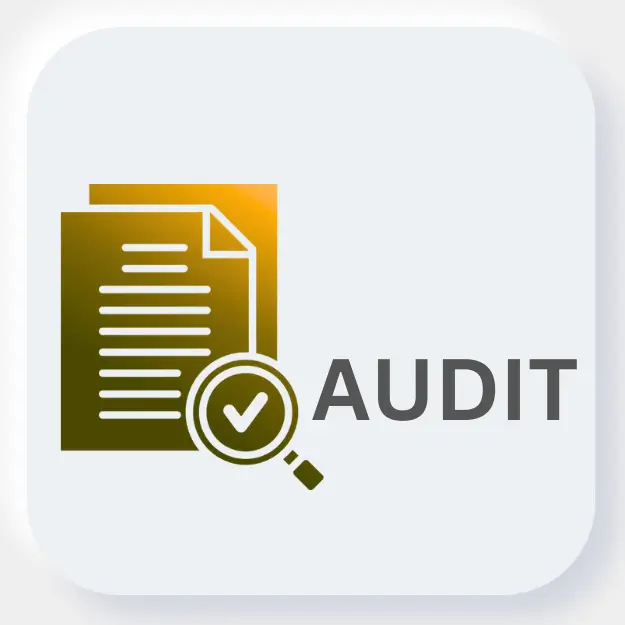
.webp)

